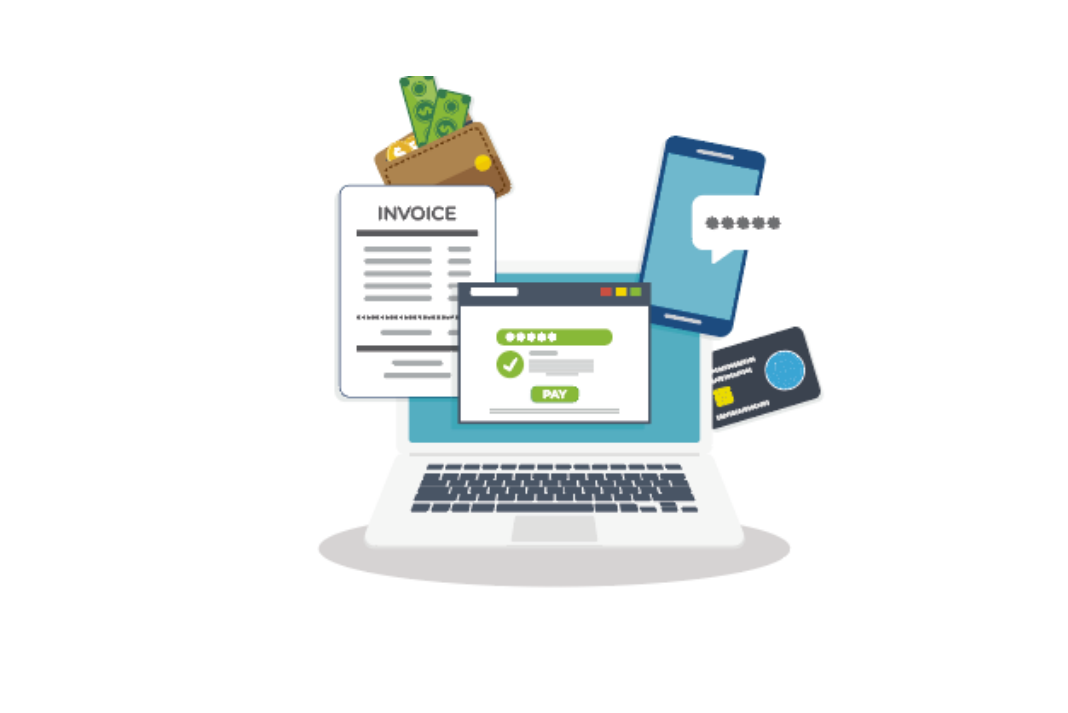Kiwis have a competitive spirit, putting us in good stead when it comes to things like sports achievement internationally.
So why aren’t we as competitive when it comes to being the most productive country?
Xero worked with the New Zealand Institute of Economic Research to understand where Kiwis ranked in the OECD when it comes to productivity versus amount of time worked.
Unfortunately, the results weren’t as glowing as our Commonwealth Games medal tally.
Every day, New Zealanders are working more than their international counterparts – and have less to show for it. In fact, Aotearoa’s labour productivity is below the OECD average and is operating at less than half of the most productive nation, Ireland.
To match the Irish and their hourly productivity output, Kiwis would need to work 55 more hours every week – or an additional 10ish hours a day – something physically impossible to do. Even for us to compete with our geographical neighbour Australia, we’d have to be working for an extra two-and-a-half hours a day.
Overall, Kiwis would need to work 20 percent more to reach the average OECD GDP output, which would mean working an extra day on top of a regular 40 hour week – and this is just to reach the average productivity mark.
For business owners, the equivalent would be hiring one more employee for every five current employees. This is a near impossible challenge at the moment, considering the tight labour market.
The answer isn’t working harder, but working smarter. This is where technology becomes crucial to helping streamline small business productivity.
For local Bay of Plenty small business owners grappling with where to start, there’s something I like to say: You don’t need to change everything at once.
Identifying the tasks you and your staff are spending too much time on is the first step, figuring out what the pain points are in your business, and looking at the technology options available to help. For example, are you spending too much time on invoicing and chasing outstanding payments?
We know this is a challenge for a lot of Kiwi small business owners at the moment. This delay in payments has an impact on their bottom line and can be extremely stressful to boot.
Anything we can do to make payments more efficient is really beneficial. And there’s a solution on the horizon for all Kiwi businesses to consider.
E-invoicing will automate the sending, receiving and payment of B2B invoices. While the platform is yet to launch in Aotearoa, small businesses can register interest for when it launches by heading to the Government’s e-invoicing website. In fact, the New Zealand Government estimates e-invoicing could save our economy $4.4billion over the next 10 years by improving cash flow and reducing the amount of administrative time.
However, this is just one example. Stocktaking, employee rostering, supply ordering, e-commerce opportunities – the world is your oyster once you start digging into technology solutions.
Ultimately, productivity gains are an accumulation of several small changes to how you and your team do business. It’s a gradual process, and all you need to do is take the first step.




